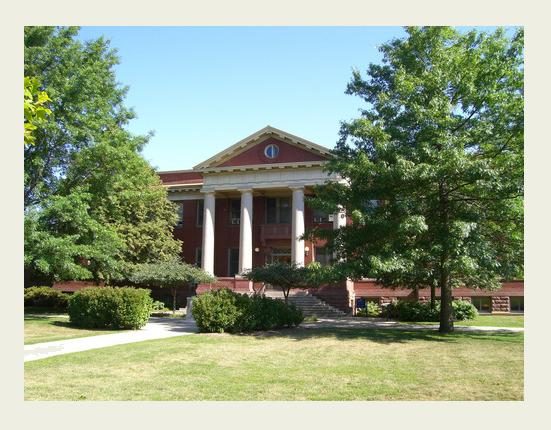
September 2021— The Executive Committee of the Board of Trustees and College Council approved minor updates to Carleton’s Policy Against Sexual Misconduct in response to guidance from the U.S. Department of Education and to clarify review of evidence in Carleton’s Formal Complaint process.
August 2020— The Executive Committee of the Board of Trustees and College Council approved updates to Carleton’s Policy Against Sexual Misconduct to be compliant with new Title IX regulations.
January 2016— College Council approved updated procedures for sexual misconduct complaints involving students.
May 2015— College Council approved updated procedures for sexual misconduct complaints involving faculty or staff.
May 2015— The Board of Trustees approved a new Sexual Misconduct Policy following a significant campus review, upon the recommendation of College Council.
June–September 2010—A team of professional staff implemented the process changes recommended by the Sexual Misconduct Complaint Process Review Committee.
May 2010—The Board of Trustees approved three changes to the Policies Against Sexual Misconduct, upon the recommendation of College Council.
May 2010—The Review Committee presented its final report and recommendations to College Council. The recommendations emphasized transparency, changes to the process, and proactive education efforts. College Council approved the recommendations, and called for an Implementation Team to enact the recommendations.
September 2009–May 2010—Sexual Misconduct Complaint Process Review: A Review Committee, composed of two faculty, three staff, and three students, was charged with reviewing the process for adjudicating student complaints of sexual misconduct, the support roles involved, and the clarity and accessibility of the process. The Committee met more than 25 times throughout the year, interviewing Carleton constituents, researching practices at other schools, and making progress reports to College Counci
September 2009—Responding to Campus Climate results and student and community feedback that the College’s institutional response to sexual harassment and assault was insufficient and unnecessarily painful, College Council approved a full review of Carleton’s Sexual Misconduct Complaint Process.
May 2009—Students, faculty, and staff gathered for a Sexual Misconduct Policy Workshop to “identify and discuss questions concerning Carleton’s policies, procedures, and processes regarding sexual misconduct and to share ideas of ways to change them.” These discussions were compiled by student representatives into a community report, presented to the Dean of Students in June 2009. Community concerns fell into five categories—support services; timelines, transparency, and confidentiality; sanctions; the appeals process; and legal questions.
April 2009—Spearheaded by students concerned by their peers’ experiences, a large group of students gathered in early April 2009 to discuss problems with the appeals process, then sent emails and letters to the President’s Cabinet, specifically to the Dean of Students, voicing their specific concerns.
September 2008—The Campus Climate Assessment, facilitated and presented by Sue Rankin & Associates, pointed to sexual harassment and assault as a challenge facing Carleton. Of particular salience were data indicating that only 52.4% of survey respondents felt they “understand Carleton’s formal procedures to adjudicate complaints of sexual assault,” and 51.3% reported feeling confident that “Carleton administers the formal procedures to adjudicate complaints of sexual assault fairly.”
June 2001—The Executive Committee of the Board of Trustees adopted the Policies Against Sexual Misconduct, upon recommendation of College Council. In the ensuing years, Carleton’s policies and procedures surrounding sexual misconduct were minimally adjusted and revised, but not comprehensively changed or reviewed. Revisions to the language of the policies were approved by the Executive Committee of the Board of Trustees, upon recommendation of College Council in September 2002; June 2003; June 2004; May 2005; and May 2007.
June 1992—The Board of Trustees adopted a new Policy, upon recommendation of College Council. The policy was revised by the College Council and approved by the Board of Trustees in June 1995; June 1996; June 1997; and June 1998.
1992—The plaintiffs and the College reached an agreement ending the litigation and issued a joint statement outlining 8 changes that would be made to Carleton’s policies and practices (for the complete statement, see the Winter 1992 edition of The Voice). These changes included separating investigative and adjudicative roles, augmenting support available to survivors of assault, clarifying that students can report an assault to the police in tandem with a report to the College, and developing educational programs to prevent sexual violence and training in how to respond to it.
1991—Four women filed a lawsuit against Carleton for failing to protect them against known assailants and for mishandling their complaints.
1983—Carleton became one of the first colleges in the country to establish a comprehensive Policy Against Sexual Harassment.